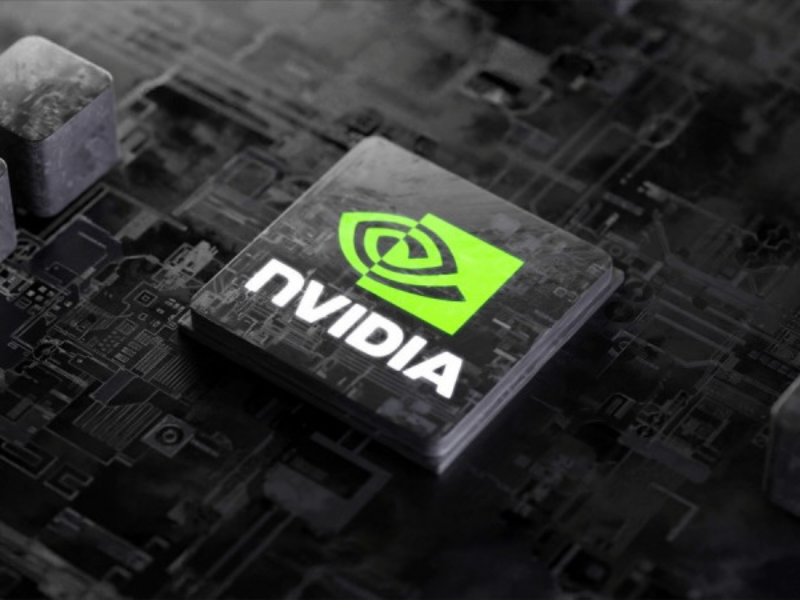- A committee of experts from leading U.S. medical centers is utilising Nvidia-powered federated learning to enhance AI models for tumor segmentation, allowing them to collaborate on model development without sharing sensitive data.
- By leveraging federated learning, the team aims to improve model accuracy and compliance with privacy regulations while addressing the challenges of data uniformity across different medical imaging sites.
OUR TAKE
A group of experts from leading U.S. medical institutions is exploring federated learning to train AI models for tumor segmentation, allowing for collaborative development without compromising data privacy. This innovative approach aims to enhance model accuracy while addressing the complexities of data sharing and standardisation in medical imaging.
-Rae Li, BTW reporter
What happened
A committee of experts from various top U.S. medical centers and research institutions is utilising Nvidia-powered federated learning to advance AI-assisted annotation for training models focused on tumor segmentation, specifically for renal cell carcinoma. This collaborative effort enables multiple organisations to develop and improve AI models without the need to share sensitive patient data, as the learning occurs locally at each site while only model parameters are exchanged.
Led by John Garrett from the University of Wisconsin–Madison and supported by Nvidia’s tools and resources, the project involves six medical centers contributing data from around 50 imaging studies. The team is implementing NVIDIA MONAI for AI-assisted annotation in the next phase of the project, aiming to assess how AI-generated segmentations compare to traditional manual annotations. This initiative not only seeks to enhance model performance but also intends to publish findings and resources for broader use in the medical field.
Also read: US may allow Nvidia to export advanced AI chips to Saudi Arabia, Semafor reports
Also read: Nvidia’s historic market value loss sparks fears of tech bubble
Why it’s important
It demonstrates a practical application of federated learning in the healthcare sector, addressing the critical need for privacy-preserving data collaboration. As medical imaging AI technologies evolve, the ability to develop accurate models without compromising patient confidentiality is essential. By utilising federated learning, the project allows institutions to leverage diverse datasets while complying with regulations like HIPAA and GDPR, ultimately leading to more robust and generalisable AI solutions in medical imaging.
The focus on improving AI-assisted annotation through tools like NVIDIA MONAI highlights a significant advancement in how medical data can be processed and analysed. This could lead to better diagnostic tools and treatment planning, enhancing patient care. The collaborative nature of the project also fosters a culture of sharing knowledge and resources among medical institutions, promoting innovation and accelerating the adoption of AI technologies in healthcare. The commitment to publish methodologies and datasets further supports the broader medical community in advancing research and development in this critical field.

